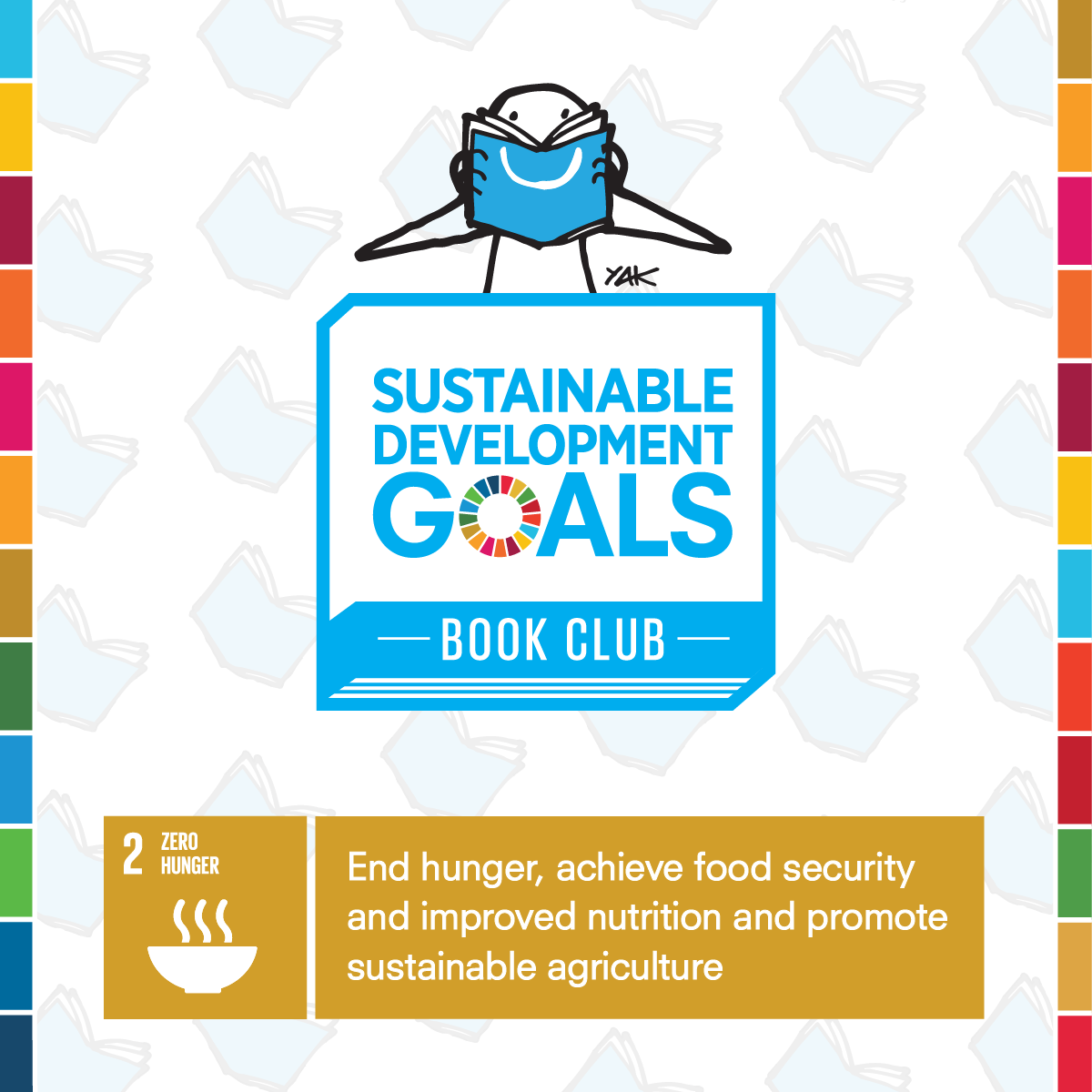Approximately 1 billion people currently live in informal settlements, primarily in urban areas in low- and middle-income countries. Informal settlements are defined by poor-quality houses or shacks built outside formal laws and regulations. Most informal settlements lack piped water or adequate provision for sanitation, drainage, and public services. Many are on dangerous sites because their inhabitants have a higher chance of avoiding eviction. This paper considers how to build resilience to the impacts of climate change in informal settlements.
Background: Evidence on the effectiveness of psychological interventions for women with common mental disorders (CMDs) who also experience intimate partner violence is scarce. We aimed to test our hypothesis that exposure to intimate partner violence would reduce intervention effectiveness for CMDs in low-income and middle-income countries (LMICs).

